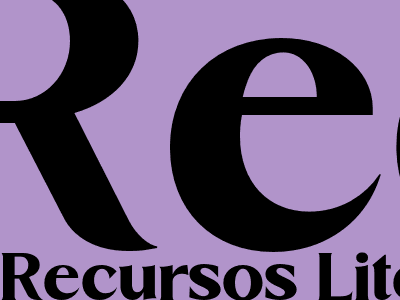
Recursos Literarios: A Comprehensive Guide to Enhance Your Writing
Introduction
Recursos literarios are literary devices employed by writers to enhance the impact and expressiveness of their writing. They not only add creativity but also provide depth and meaning to the text. This comprehensive guide will explore the different types of recursos literarios and how to effectively incorporate them into your writing.
Simile and Metaphor
Similes draw direct comparisons using "like" or "as," while metaphors establish an implied comparison. Similes create vivid images and make concepts more relatable, while metaphors foster deeper connections and reveal hidden meanings.
Personification and Apostrophe
Personification attributes human qualities to non-human entities, giving them life and personality. Apostrophe directly addresses absent or inanimate objects or abstract ideas, creating intimacy and emotional impact.
Hyperbole and Understatement
Hyperbole exaggerates for emphasis and humor, conveying strong emotions or ideas. Understatement downplays or minimizes a situation, creating a humorous or ironic effect.
Irony and Paradox
Irony presents a discrepancy between what is said and what is meant, creating humor or satire. Paradox combines seemingly contradictory ideas that, upon reflection, reveal a deeper truth.
Foreshadowing and Flashback
Foreshadowing hints at future events, building suspense and creating anticipation. Flashbacks interrupt the narrative to provide historical context or delve into a character's past, expanding the story's scope.
Symbolism and Allegory
Symbolism uses objects or ideas to represent abstract concepts, adding depth and meaning. Allegory extends symbolism to tell a story with a deeper, moral, or political message.
Imagery and Sensory Language
Imagery appeals to the senses and creates vivid mental pictures, immersing the reader in the story. Sensory language uses specific words to evoke sensations and emotions, enhancing the reader's experience.
Tone and Mood
Tone conveys the author's attitude towards the subject matter, while mood evokes the emotional setting for the reader. They influence the overall impact of the writing, creating specific atmospheres and impressions.
Conclusion
Recursos literarios are powerful tools that elevate writing, adding creativity, depth, and impact. By skillfully employing these devices, you can enhance the expressiveness, engagement, and enjoyment of your work.